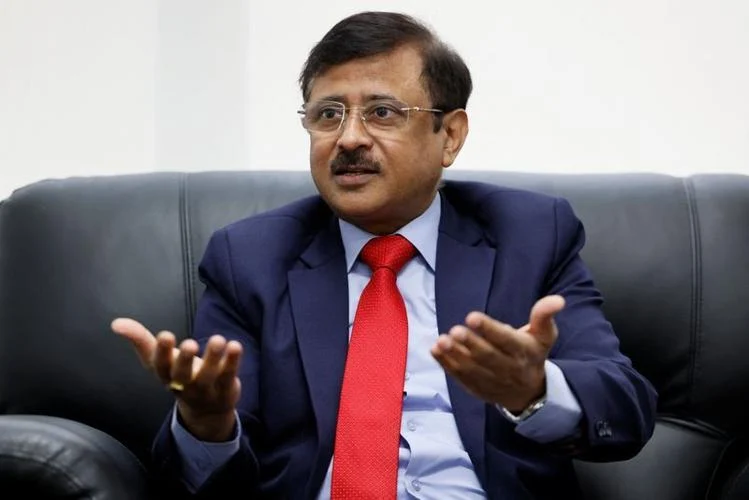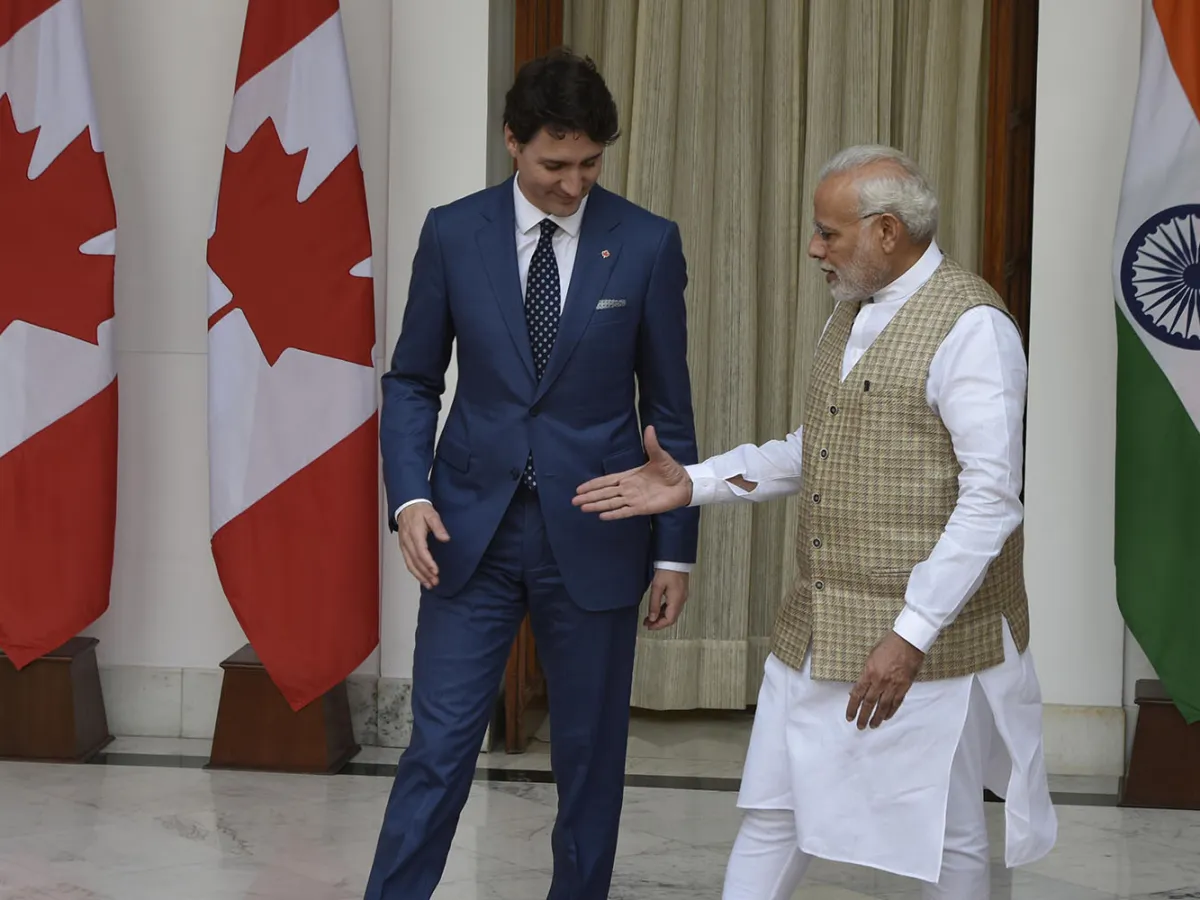India has strongly rebutted allegations of interference by Canadian legislators as politically motivated and influenced by Sikh separatist groups. Tensions escalated when a parliamentary report from Canada accused some Canadian officials of involvement in foreign interference, particularly by India and China, targeting Canadian democratic institutions.
Sanjay Kumar Verma, India’s envoy to Canada, criticized the report, claiming it lacked fairness and credible evidence, accusing it of being swayed by anti-India elements.
Verma emphasized that the report’s conclusions were biased and did not afford India an opportunity to challenge the accusations or cross-examine witnesses. He alleged that Canadian institutions may be intentionally damaging bilateral relations. This response marked India’s formal reaction to the report, which sparked domestic calls in Canada for naming those implicated in the alleged interference.
A key point of contention is India’s accusation that Canada harbors Sikh separatists advocating for Khalistan, a homeland in India.

India Rejects Canadian Claims of Interference, Calling Them Politically Motivated
This issue intensified following Canadian Prime Minister Justin Trudeau’s remarks linking the Indian government to the murder of a Sikh separatist leader in British Columbia. Verma suggested that these allegations were influenced by Khalistani elements in Canada, which he claims have significant political influence.
The Canadian parliamentary committee defended its report, stating it was based on consultations with intelligence agencies and extensive document analysis. They maintained the report’s independence amid criticism from Verma and the World Sikh Organization of Canada, which rejected Verma’s assertions as baseless.
Meanwhile, amidst strained diplomatic ties, economic relations between India and Canada remain substantial, with bilateral trade exceeding $25 billion last year. Verma indicated openness to resume trade talks should Canada initiate them, despite recent pauses due to the murder investigation.











































